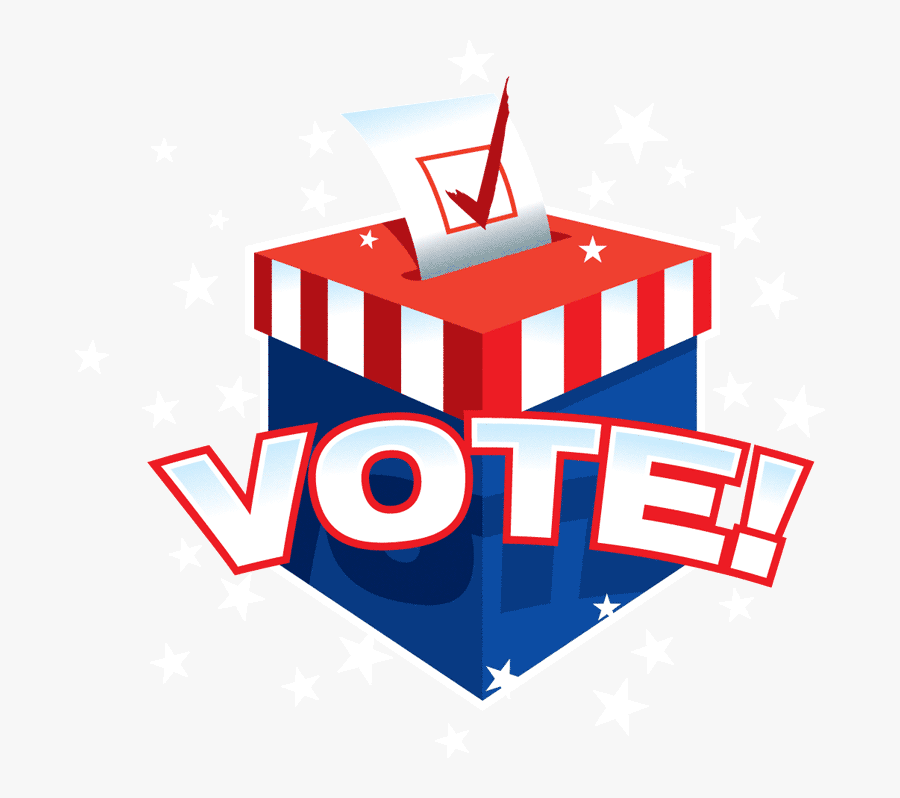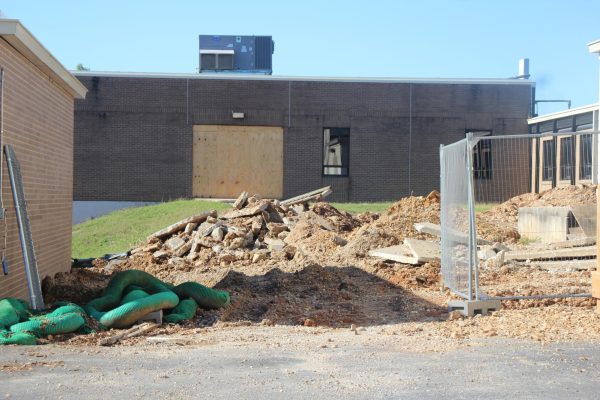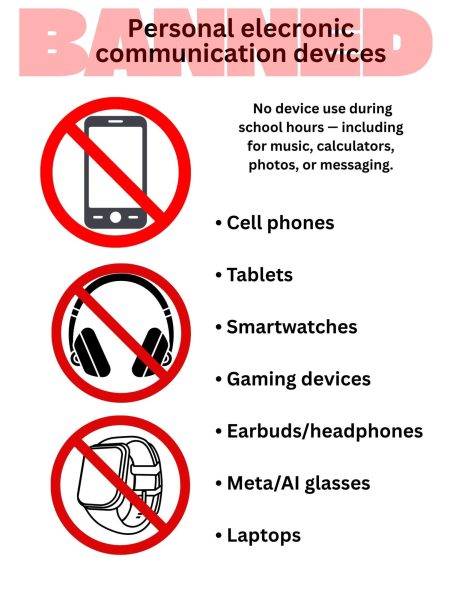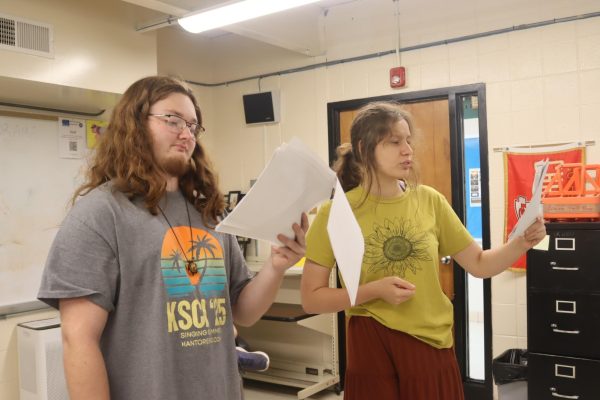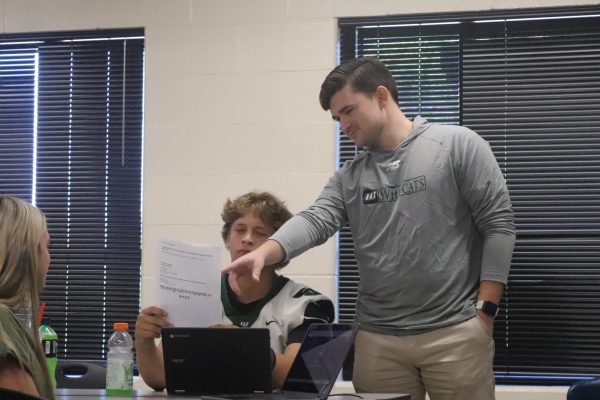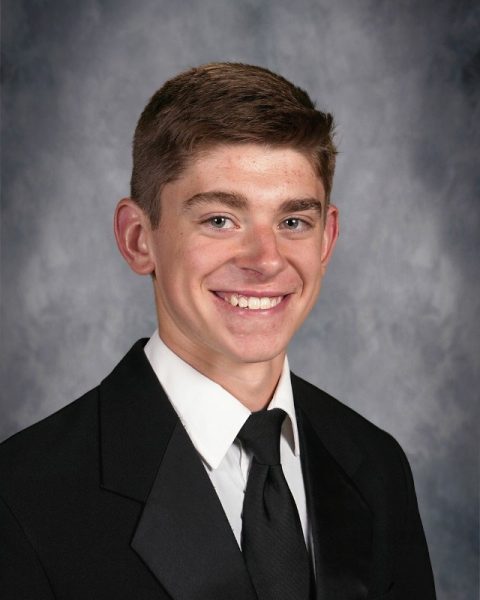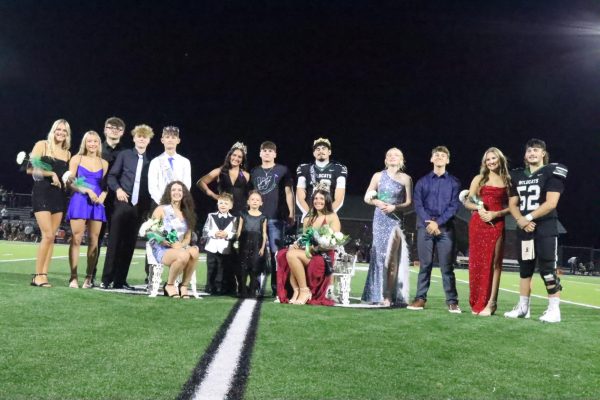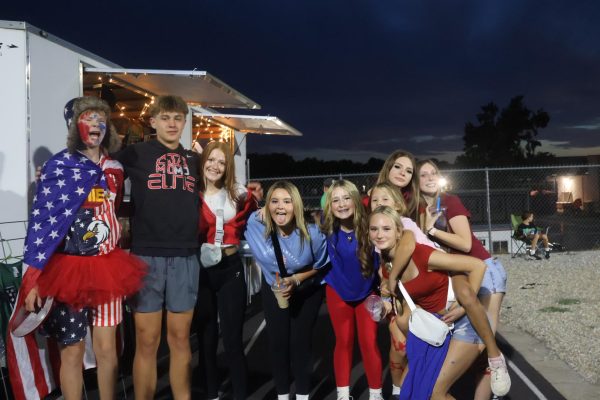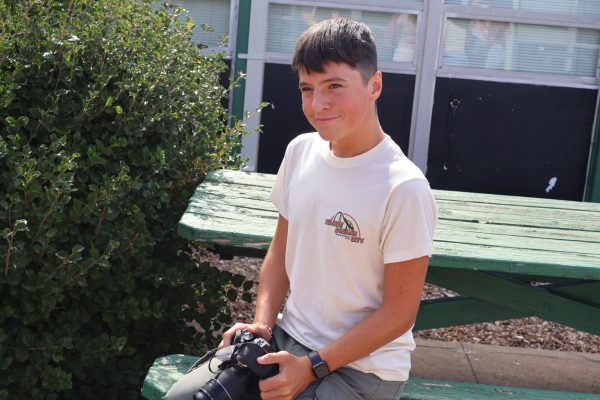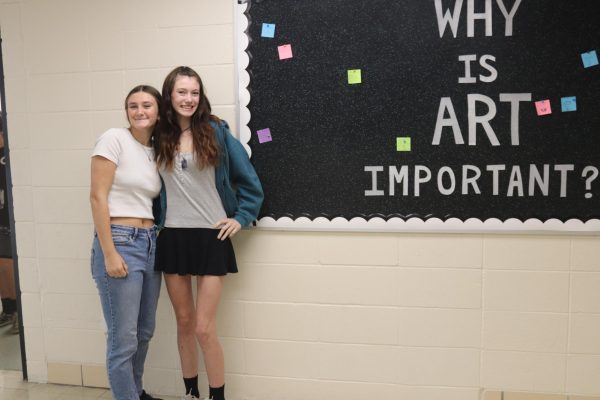Eligible students prepare to vote for first time
While only a few students will be eligible to vote in the Nov. 3 general election, some have gotten registered and are still excited about being a part of the democratic process.
“[Voting] is a big deal,” senior Aspen Whitaker said. “I want to vote because it’s a HUGE voting year.”
Whitaker thinks everyone of age should do their research and vote since not many people can say they turned 18 and got to vote in the presidential election.
Senior Rheanna Coke said, even though her voice is small in the grand scheme of things “every vote matters.” Coke is very excited for her first voting experience and for the feeling of being an adult citizen.
Senior Brooke Spry doesn’t follow politics to her highest capability but thinks she is educated enough about it and has a strong belief in her vote.
Senior Taylor Spry said it is a milestone for her to be able to vote for the first time.
“Being able to vote is a privilege for our country and being able to vote is important,” she said.
However, not all students feel the same way about participating in the election. According to the census bureau, while young voter turnout is increasing, the 18- to 29-year-old age group still had the lowest turnout rates as compared to older voters in the 2016 presidential election.
“Voting rates have also historically varied according to age, with older Americans generally voting at higher rates than younger Americans. In 2016, this was once again the case, as citizens 65 years and older reported higher turnout (70.9 percent) than 45- to 64-year-olds (66.6 percent), 30- to 44-year-olds (58.7 percent) and 18- to 29-year-olds (46.1 percent). However, in 2016, young voters ages 18 to 29 were the only age group to report increased turnout compared to 2012, with a reported turnout increase of 1.1 percent.” (United States Census Bureau May 10, 2017 article “Voting in America: A Look at the 2016 Presidential Election” by Thom File, Social, Economic and Housing Statistics Division, census.gov).
Social studies teacher Nathan Copling notices a challenge involved in getting students interested in the political process.
“It’s a challenge to convince students of the importance of voting. 16- and 17-year-old students are sometimes indifferent to the political happenings of the world; indeed, many young adults who do not come from political households see no need to engage in a ‘broken process,’” Copling said. “As a student of Political Science, I understand the inherent value of voting because I can see short-term and long-term consequences of voting and not voting. I always focus on how democratic institutions are built around the will of the people and how Americans have the right to vote and it is imperative as an expression of our Americanness to participate in elections.”
Copling recognized that some young voters are turned away by feelings of not being educated enough about the candidates or issues.
“[The media] can make it challenging for students to keep up with the never-ending news cycle where you hear about a story for a couple days and then it goes away, never to be heard from again,” Copling said. “This can foster an uncomfortable feeling of being uneducated on the issues that matter, such as the platforms of incumbent President Trump and democratic challenger Joe Biden.”
He also recognized the feeling that young voters have that their vote doesn’t really matter.
“It is tough to show electoral data from the 2016 election and try to convince students that their prospective votes count when then-candidate Trump received less of the popular vote than candidate Clinton, while winning the election because Trump received more Electoral College votes,” Copling said. “I know that voting is important and I believe strongly in practicing one of the most fundamental rights given to us. However, try explaining this to teenagers who have spent their whole lives witnessing a political infrastructure that has been, at times, shaky at best.”
While he admits that there are plenty of reasons young voters can use to decide not to vote, Copling wants his students to look past those excuses and take part in this very important American responsibility.
“I always try to point out to students that they will soon be living and operating in a time and space where politics will directly impact their lives.
Copling has advice for first-time voters. He encourages his students to read a lot, consider the source, visit candidate web pages and be wary of social media.
“Sure, social media is a fun place to play, but social media is also the playground of the fool. Do not get swept up in subjectively false narratives, stories, and the like, that you find people posting on (mostly) Twitter and Facebook. Again, if something sounds untrue and fake, it probably is,” he said.
After research, he hopes students will vote their conscience.
“Your vote should not hinge upon the thoughts and opinions of others. Indeed, it is okay to chat with friends who will be voting for the first time, coworkers, and family members, but remember that your vote is your own,” Copling said. “Your vote should never be compromised by other people.”
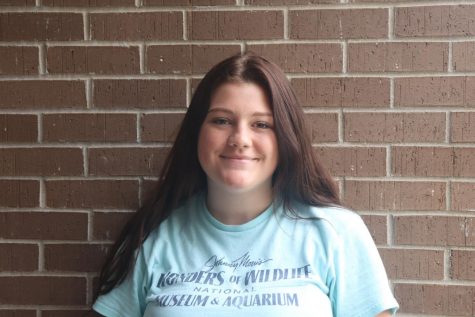
Olivia Langton is a sophomore and this is her first year on the news staff. She is very excited to be a new member of this wonderful staff and has many...

